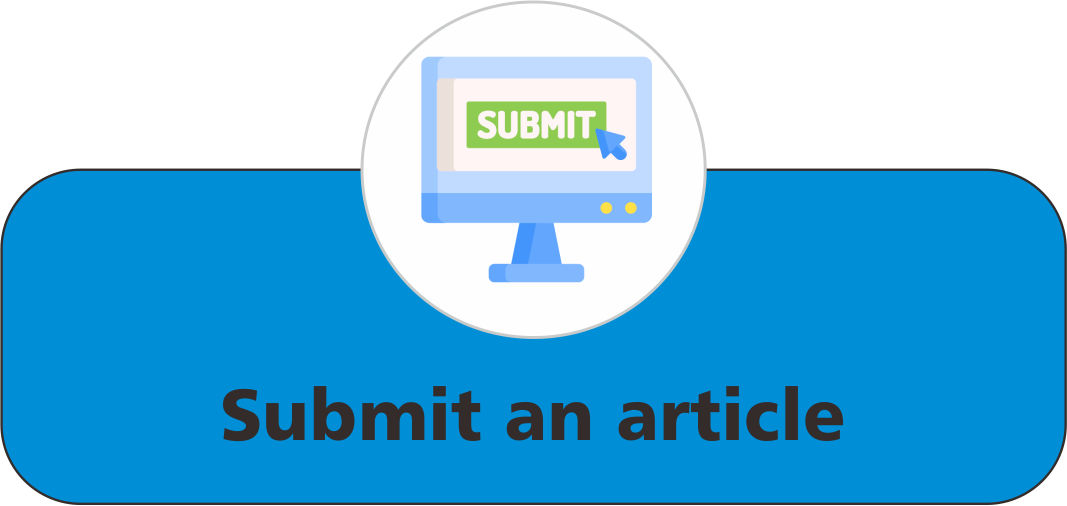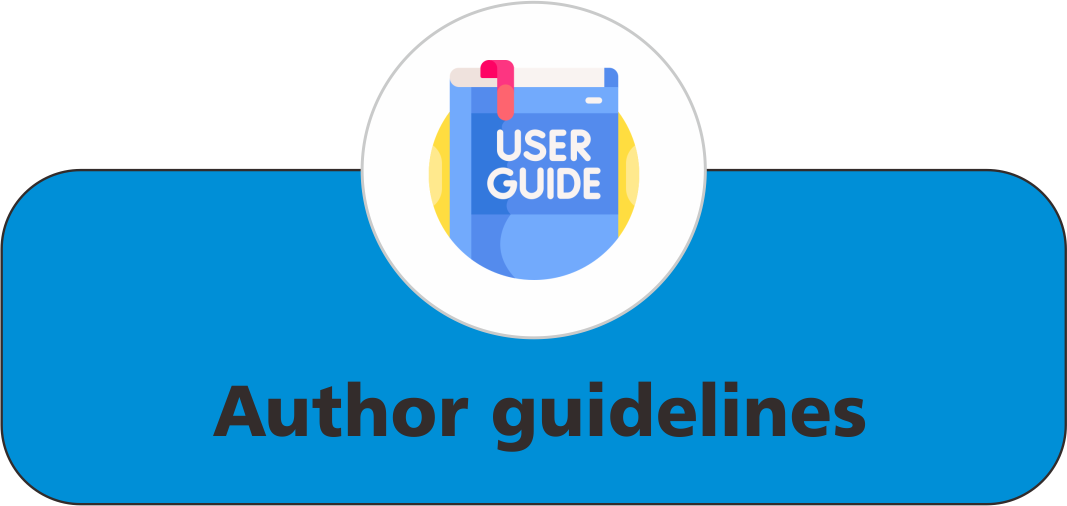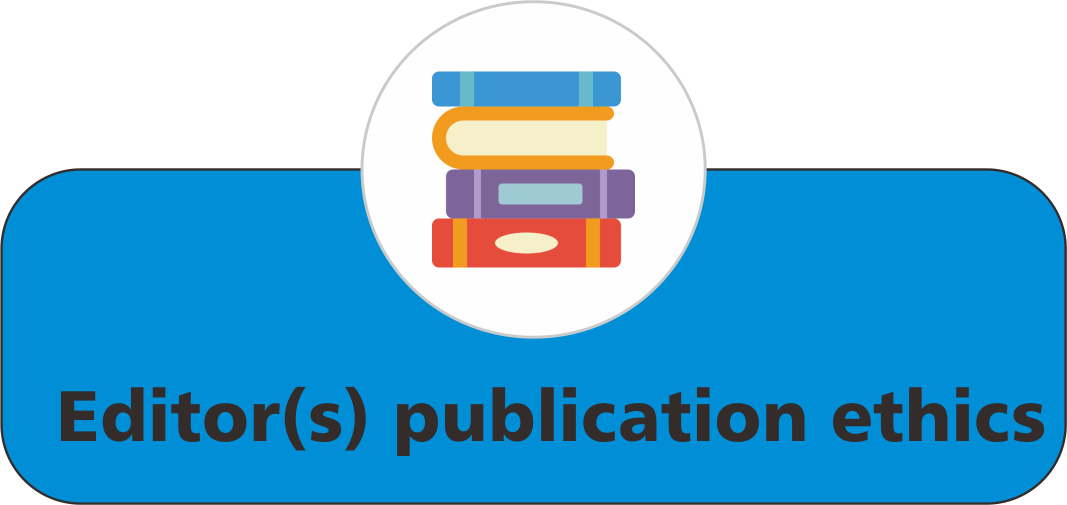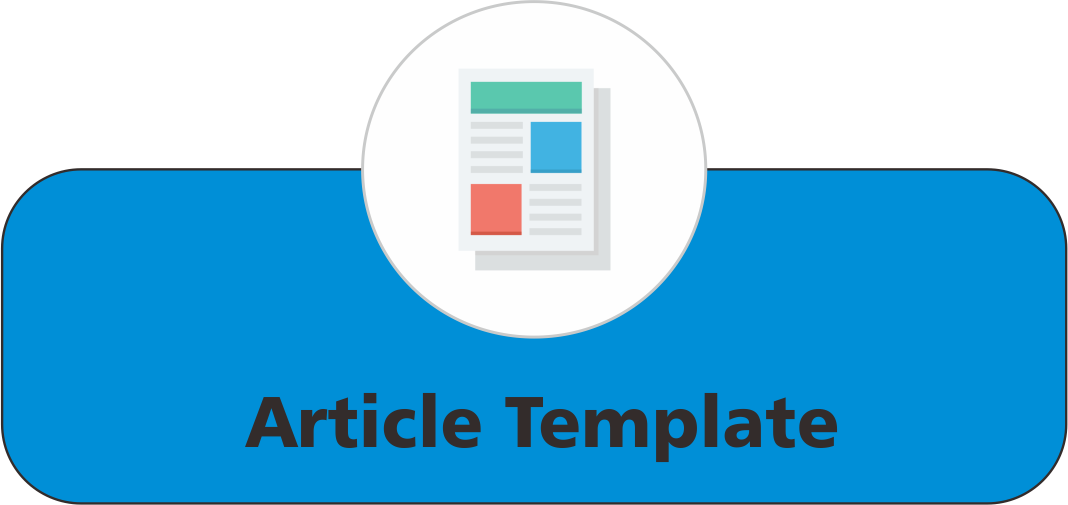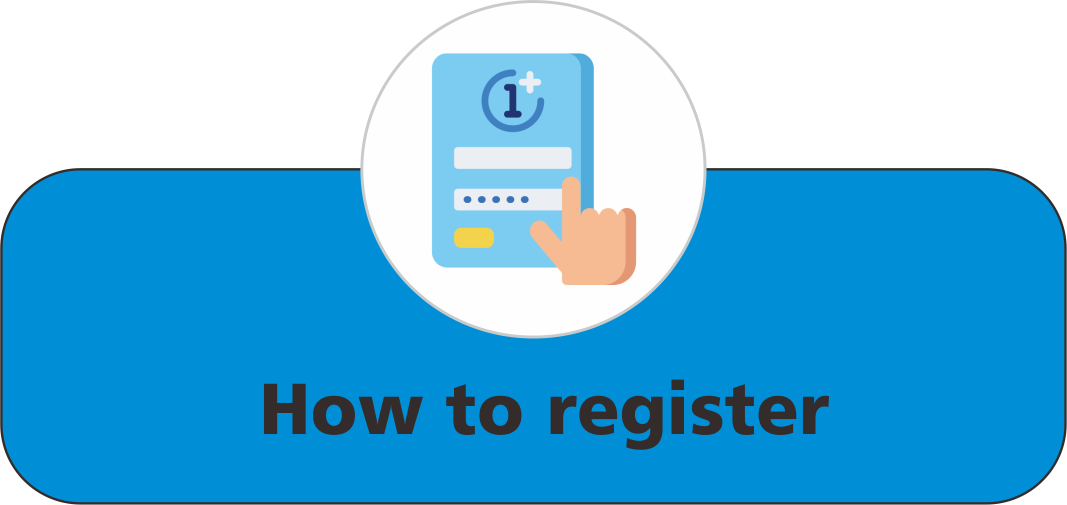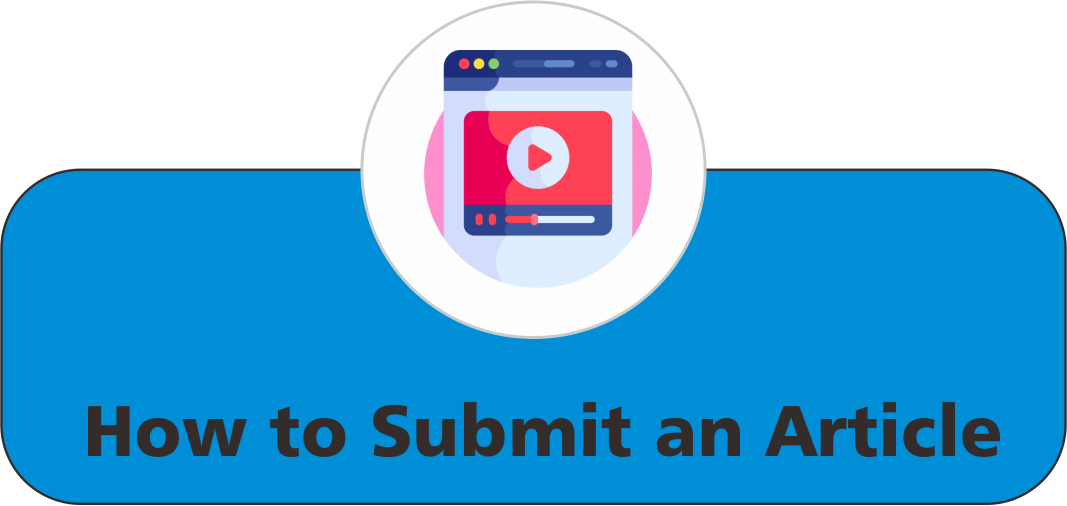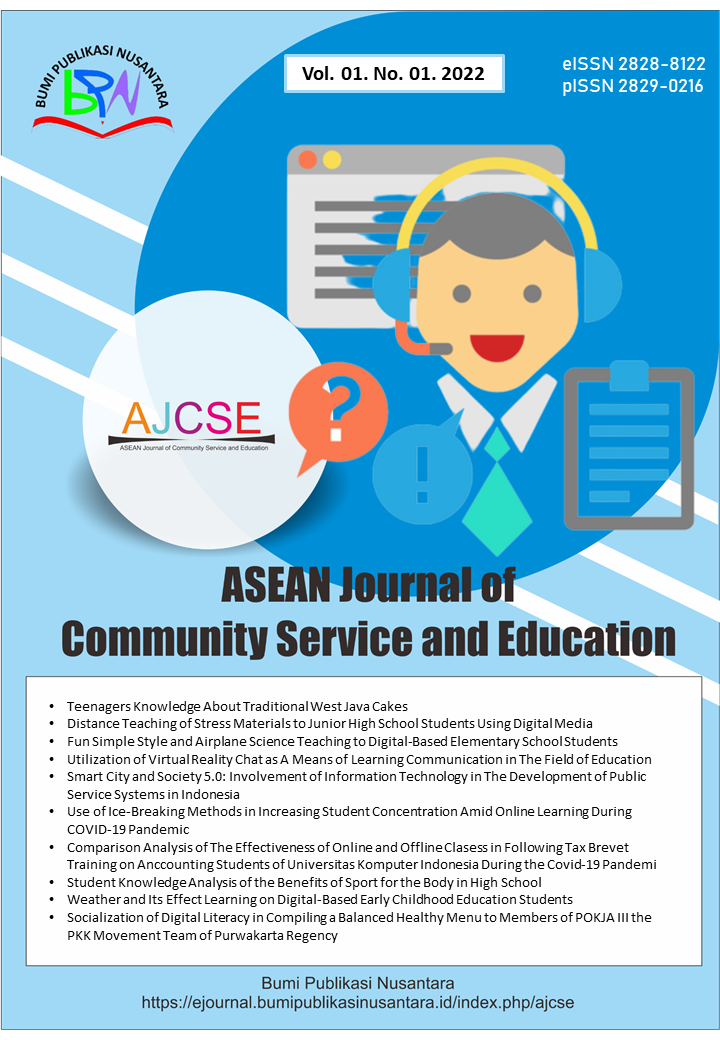Early Childhood Education Matters: Comparing Educational Outcomes of Children with and Without Home Instruction for Parents of Preschool Youngsters (HIPPY)
 ), U. T. Saadu(2), A. O. Olaniyan(3), H. T. Sulyman(4), O. Ajayi(5), O. A. Abubakar(6),
), U. T. Saadu(2), A. O. Olaniyan(3), H. T. Sulyman(4), O. Ajayi(5), O. A. Abubakar(6),
(1) Kwara State University
(2) Kwara State University
(3) Kwara State University
(4) Kwara State University
(5) Kwara State University
(6) Kwara State University
 Corresponding Author
Corresponding Author
Abstract
Keywords
References
Brown, A. L., and Johnson, U. (2014). The impact of HIPPY participation on school readiness and parent involvement. HS Dialog: The Research to Practice Journal for the Early Childhood Field, 17(1), 74-87.
Chandra, M., Tretter, T. R., and Zhang, X. (2019). The impact of an early literacy intervention on reading outcomes for urban and rural children. Journal of Educational Psychology, 111(7), 1232-1247.
Cheung, A. C. K., and Slavin, R. E. (2013). The effectiveness of educational technology applications for enhancing mathematics achievement in K-12 classrooms: A meta-analysis. Educational Research Review, 9, 88-113.
De Moya, E. A., McCombs, J. S., and Quiroz, P. A. (2015). An evaluation of the impact of a literacy intervention in rural areas of the Dominican Republic. International Journal of Educational Development, 44, 94-104.
Essien O (2005). Literacy in the mother tongue: A case study of the problems of linguistic minorities in Nigeria. Journal Applied Literature Reading, 2, 16-24.
Guarino, C. M., Santamaría, V., Hamilton, L. S., and Rathbun, A. H. (2018). The impact of a literacy intervention program on reading outcomes for children in urban and rural settings. Journal of Research on Educational Effectiveness, 11(3), 525-547.
James K., Harre, N., and Field, J. (2019). An evaluation of the HIPPY program in New Zealand. Child Development and Care, 159, 145-157.
Katz, J. H., and Riggio, M. (2019). Examining the effectiveness of the HIPPY program in a suburban setting. Early Childhood Education Journal, 47(1), 31-39.
Kintu, M. J., Zhu, C., and Kagambe, E. (2020). E-learning effectiveness in higher education: An empirical study of e-learning readiness and outcomes among rural and urban students. Computers and Education, 2020, 157.
Kwok, P. T. P., Cheng, H. C., Wong, Y. K., and Choi, C. C. (2019). The effects of a reading intervention program on the reading performance of Hong Kong primary school students: A randomized controlled trial. Educational Research and Evaluation, 25(1-2), 45-60.
Manzo, V., Rossi, M., and Tosi, F. (2020). The impact of a mathematics intervention program on student achievement: Urban versus rural schools. Journal of Research in Rural Education, 35(5), 1–15.
Monteith. U., (2012). An evaluation of the HIPPY program in New Zealand. Child Development and Care, 200, 128-139.
Moore, A., and Cahill, M. (2016). An evaluation of a reading intervention program for middle school struggling readers. Education and Treatment of Children, 39(4), 549-572.
Nievar, M. A., Jacobson, A., Chen, Q., Johnson, U., and Dier, S. (2011). Impact of HIPPY on home learning environments of Latino families. Early Childhood Research Quarterly, 26(3), 268–277.
Payne, T., Joseph, R. A., Yampolskaya, S., and Vatalaro, A. (2020). Florida HIPPY parents successfully prepare their children for kindergarten. Early Childhood Research Quarterly, 53, 650-657.
Swanson, E. A., Solari, E. J., and Stacks, A. M. (2019). Engaging fathers in home visiting programs: Examining the influence of gender on parenting outcomes. Journal of Child and Family Studies, 28(2), 387-399.
Article Metrics
Abstract View : 1109 times
: 1109 times Download : 544 times
Download : 544 times
Refbacks
- There are currently no refbacks.
Copyright (c) 2023 Bumi Publikasi Nusantara

This work is licensed under a Creative Commons Attribution-ShareAlike 4.0 International License.

